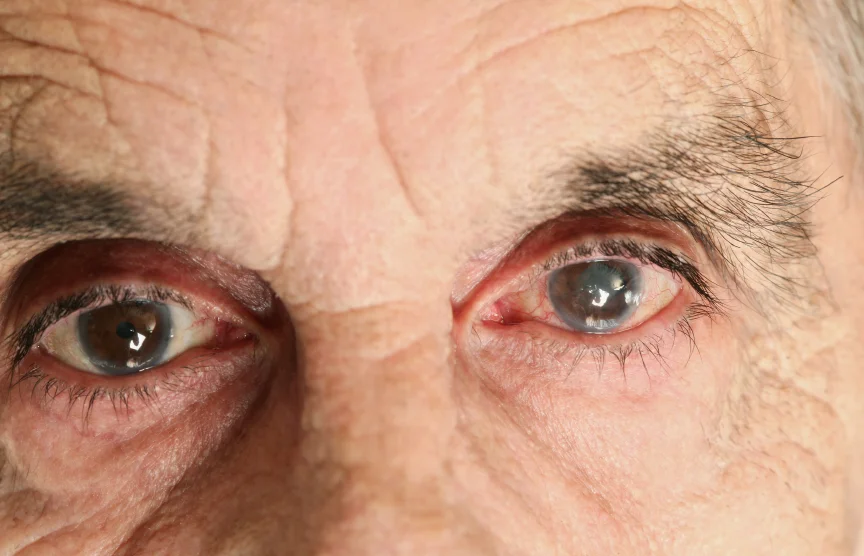Setting education back 20 years through humiliation
/Humiliation
A recent teaching encounter took me back in time to the ‘old-boy’ school of medical education by humiliation. This really hit home because, basically, it really hit home - it involved one of my children and their teacher in K-12. I will be discussing this with the school principal after I sort my thoughts out therapeutically in this article. I did discuss this with a friend of mine who is a principal at another school and she assured me that this is not the norm.
The teacher spoke slowly and in measured steps with a glimmer in her eyes and a smile that widened as she explained how proud she was of herself for thinking this up and what a great approach she thought this was in helping our child succeed. I listened in disbelief; was I really hearing this? Did teachers still do things like this or are they more enlightened? In front of the entire class, she explained, I told your son that if he did really well on his next spelling test, she would reward the class with 2 bonus stars. “Pressure, lots of pressure,” my son responded. And, the teacher then added, still in front of the whole class and directed solely at my son, if you don’t do well, I will take two stars away from the whole class. “Pressure, even more pressure,” my son responded. The teacher was positively beaming as she recounted this story and how she has found the way to motivate my child to do well; how this will give him a sense of pride and accomplishment that will allow him to succeed.
This archaic form of teaching by public humiliation I thought ended sometime after my medical education. In those dark ages of the early 80s and 90s, it was common for my teachers to put me on the spot in front of my colleagues and patients by making sure they could find things that we did not know about any given condition in order to encourage us to learn more after being publicly humiliated. I never expected this form of teaching to still be alive in K-12 or medical education and do not think it is an accepted behaviour in our school systems.
Surely there are better ways to instil a sense of pride and self-worth that can allow children to succeed. I learned a bit about K-12 teaching during my Masters in Education, even though I focused on Adult Education. There are certainly some differences in how to help children to learn vs adults. Some of this actually comes down to children needing to learn some basic facts and making the assumption that there is no prior knowledge. In adults, we recognize that each learner has a lifetime of experiences they bring with them to assimilate with new things to learn. That being said, humiliation is not a great way to help an adult learn any better or at least feel motivated to learn for the right reasons and I can’t imagine it being a great motivator for children either.
Please don’t set teaching back 20 years by humiliating your students regardless their age. Cherish each student and what they have to offer. We can all learn so much from each other. We should teach respect by modelling it ourselves.

